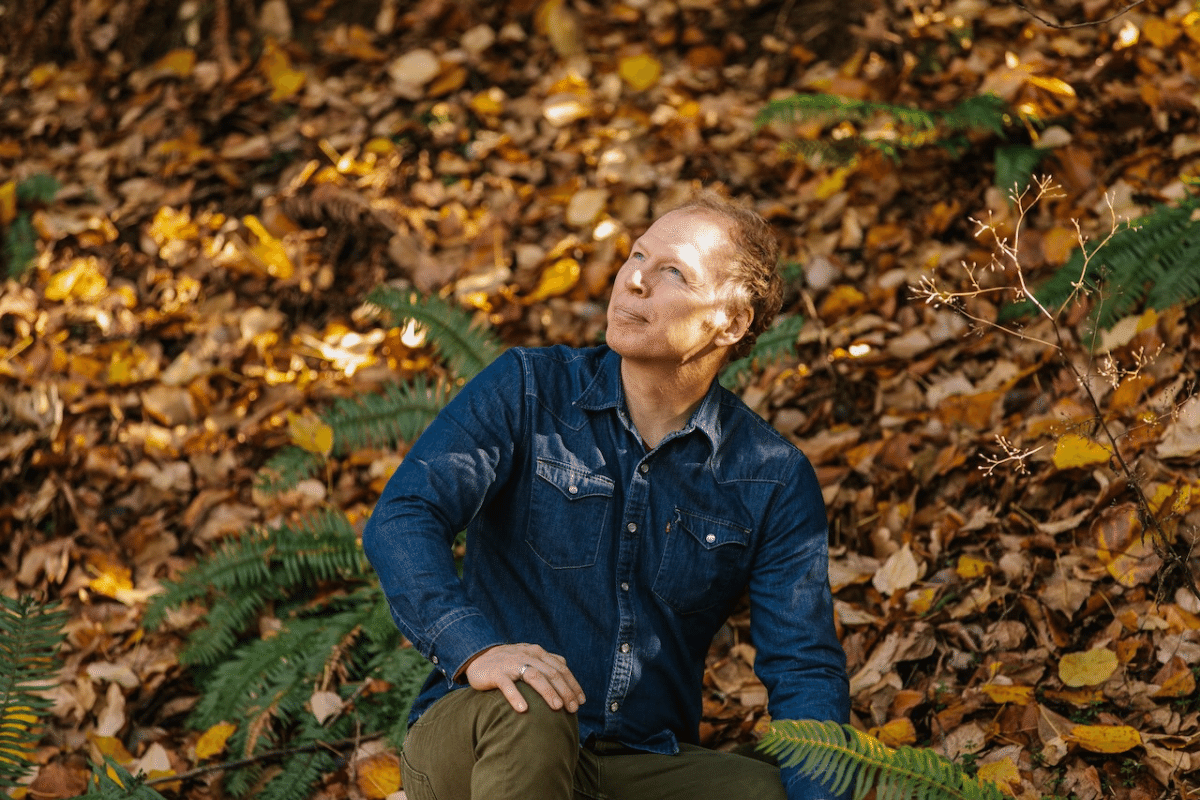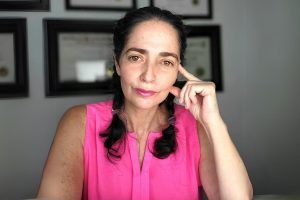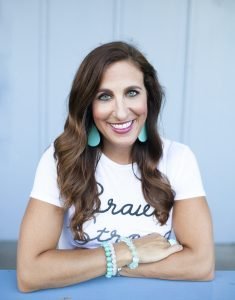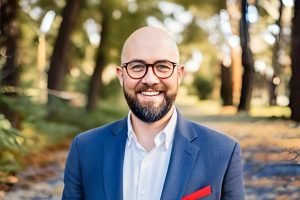Last updated on November 11, 2022
Thomas is internationally recognized for his research on nature and mental health and the psychological impacts of global climate change. He provides training and support for mental health professionals worldwide addressing eco-anxiety and the effects of the climate crisis. We hope you are inspired by this interview!
Coaching Focus: Thomas helps professionals, organizations, and members of the public cope and thrive in the face of the new, unprecedented stresses brought by global climate change and other environmental issues. In his work, he draws on his background as a psychologist, counselor, researcher, and group facilitator.
Location: Portland, Oregon, USA
Connect: You can find Thomas online at his website, as well as on Instagram, Facebook, and Twitter. He co-hosts the Climate Change and Happiness podcast.
Tell us about your journey as a coach.
My coaching practice grew out of my unique niche as a clinical psychologist and seasoned counselor who was also an expert on people’s connections with nature and the mental health impacts posed by climate change.
I use an educational and coaching approach to reach a wide segment of the public who are anxious about climate change and hungry for support, group connections, and coping tools. My international podcast Climate Change and Happiness provides information and advice to people all over the world struggling with troubling emotions about the climate emergency.

I have also leveraged my experience to work with business executives and government agencies looking for both personal support regarding climate concerns as well as better ways to understand their employees, stakeholders, and customers.
My credibility rests on my academic credentials, public speaking, and media mentions. My scholarly publications include the groundbreaking paper “The Psychological Impacts of Global Climate Change,” co-authored by Susan Clayton, cited over 800 times. I also have status as a fellow of the American Psychological Association (APA); Past President of the Society for Environmental, Population, and Conservation Psychology; and Founding Editor of the academic journal Ecopsychology. I have provided workshops and training for groups like the American Psychological Association, the US National Park Service, the New Zealand Department of Conservation, the Association of Zoos and Aquariums, the California Department of Health, and the Los Angeles County Psychological Association.
I have multiple media mentions including the New York Times, Parenting, SELF, Men’s Journal, The Weather Channel, and BBC Radio.
What are your thoughts on “choosing a niche” as a coach?

I have always found an aligned vision approach to be effective. Identify the overlap between your unique passions and interests and what the world around you needs. Stay true to your values and devote yourself to work you feel good about as you go to sleep at the end of the day.
Identify the overlap between your unique passions and interests and what the world around you needs.
If you received an extra $10,000 to spend on your business, how would you spend it and why?
I would invest in the time to write and develop my ideas so that I can create a lasting record of my work that lives on.
What are some of your favorite affirmations or mantras?
- Better to do your duty, even imperfectly, than to do another’s duty well.
- Despair is fatigue in disguise.
- Sometimes even to live is an act of courage.
When you feel overwhelmed, stressed, or have lost your focus or motivation, what do you do?
When overwhelmed, I remind myself of my foundation—the daily health practices and responsibilities that are the base of my pyramid. If I start there, the organic energy and creativity will come back.
Do you have any embarrassing (at the time) stories from your work as a coach? Or a time when putting yourself out there really paid off?
Once I had a chance to lead a group at the prestigious Sundance Resort. I got ambitious and left our conference room and found a nice grassy spot outdoors where I began to lead everyone in a guided visualization. Not long after I began, I heard a whirring sound, and irrigation sprinklers popped out of the ground around us, scattering the closed-eyed meditators. That taught me to know my landscape and always scout my locations.
If you could put a message on a huge billboard—getting a message out to millions—what would it say and why?
“Just because you care about climate change doesn’t mean it is your fault. Just because you are one person doesn’t mean you shouldn’t act.”
The Life Coach Magazine staff is your team for high-quality content on topics from personal development, to coaching tips, to how to grow your coaching business.










Be First to Comment